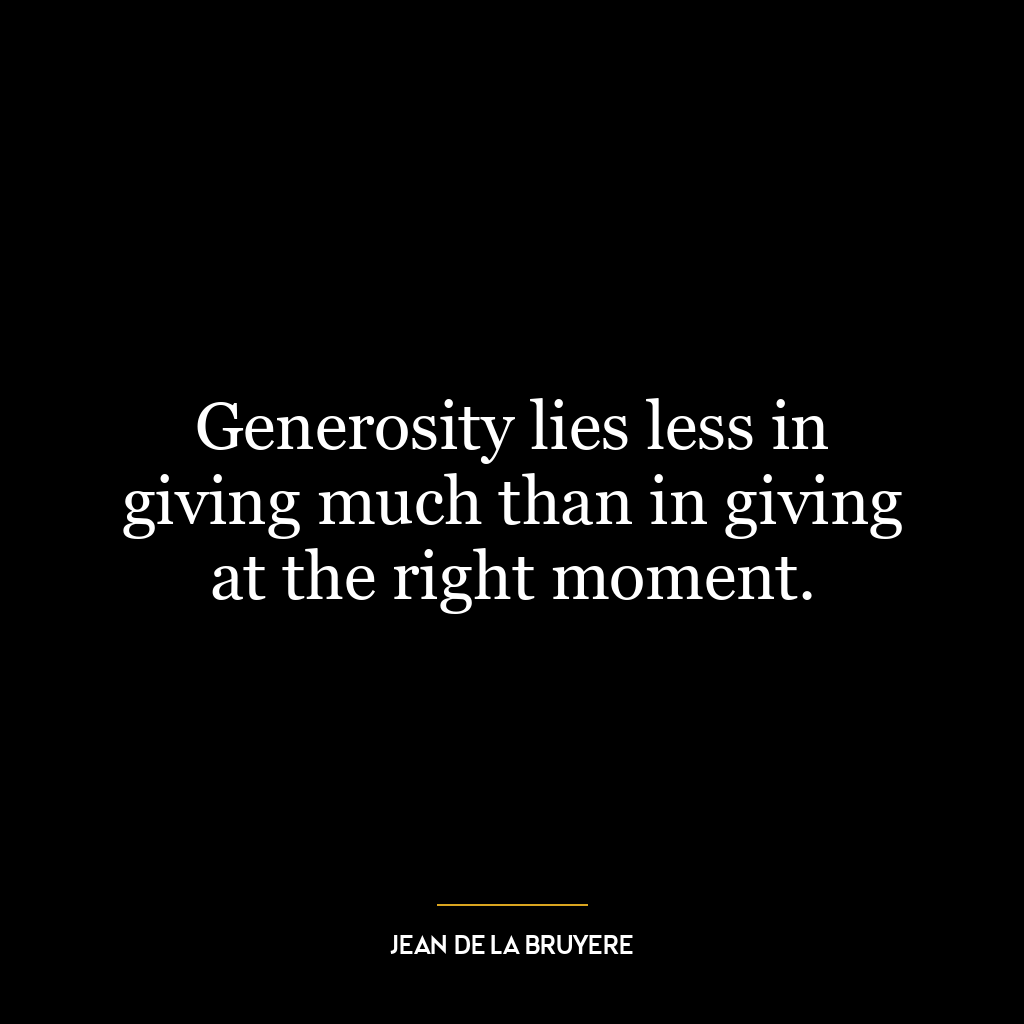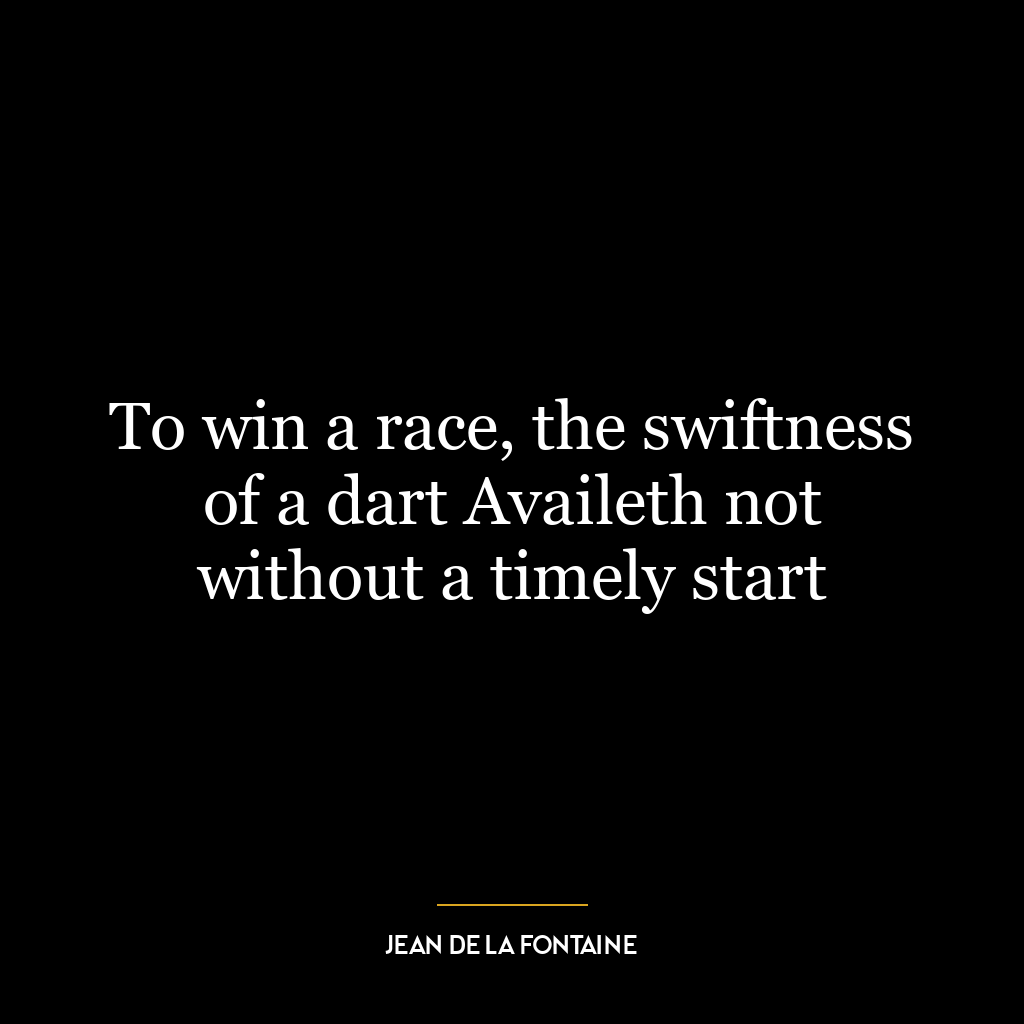This quote, “A thought comes when it will, not when I will,” is a reflection on the nature of creativity, inspiration, and the human mind. It suggests that thoughts, ideas, or insights often occur spontaneously, not necessarily when we try to force them. The mind is not always under our conscious control, and creativity doesn’t operate on a schedule or at the behest of our will.
One interpretation of this quote could be that our subconscious mind is constantly processing information, making connections, and generating ideas that surface when they’re ready, not necessarily when we want them to. This spontaneous emergence of thoughts can be experienced as sudden insights or ‘eureka’ moments, which often occur when we’re not actively thinking about the problem at hand.
In today’s fast-paced, productivity-driven world, this idea is particularly relevant. We often feel the pressure to constantly produce new ideas and solutions, to be consistently creative and innovative. However, this quote reminds us that forcing creativity might not be the most effective approach. Instead, giving our minds the space and time to think freely, without pressure, can lead to unexpected and valuable insights.
In terms of personal development, this quote may encourage us to practice patience and openness with our own thought processes. Rather than becoming frustrated when an idea doesn’t come immediately, we should respect the mind’s natural rhythm and give it the necessary time to generate and refine thoughts. This approach can lead to a healthier relationship with our own minds, reducing stress and promoting mental wellbeing. It also encourages us to value and nurture our subconscious thinking, recognizing it as a powerful source of creativity and insight.















